
Virgo Cluster


Seek out 3C 273, the brightest optical quasar, in the spring sky
Plumb the hidden depths of spring’s deep-sky by seeking out 3C 273, the optically-brightest quasi-stellar object (QSO) in the constellation of Virgo. Quasars are the intensely luminous centres of very distant and active galaxies, powered by a supermassive black hole. And don’t worry that you need a huge ‘scope to see it – a 15-cm (6-inch) instrument and a clear, moonless night are all you need.

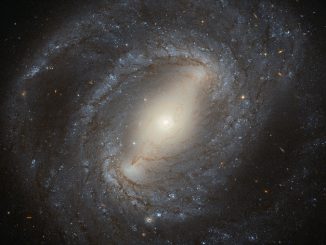
Hubble spies the archetypal barred spiral galaxy
Discovered in 1784 by William Herschel, NGC 4394 is the archetypal barred spiral galaxy, with bright spiral arms emerging from the ends of a bar that cuts through the galaxy’s central bulge. Some 55 million light-years from Earth, the galaxy lies in the constellation of Coma Berenices. NGC 4394 is considered to be a member of the Virgo Cluster.
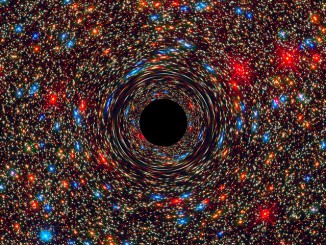
Supermassive black hole found in an unlikely place
A near-record 17-billion-solar-mass black hole discovered in a sparse area of the local universe indicates that these monster objects may be more common than once thought. The newly discovered supermassive black hole is in NGC 1600, an elliptical galaxy in the constellation Eridanus some 149 million light-years away.
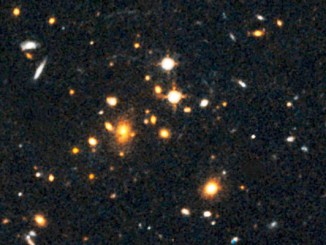
Most distant massive galaxy cluster identified
The early universe was a chaotic mess of gas and matter that only began to coalesce into distinct galaxies hundreds of millions of years after the Big Bang. It would take several billion more years for such galaxies to assemble into massive galaxy clusters — or so scientists had thought. Now astronomers have detected a massive, sprawling, churning galaxy cluster that formed only 3.8 billion years after the Big Bang, some 10 billion light years from Earth.
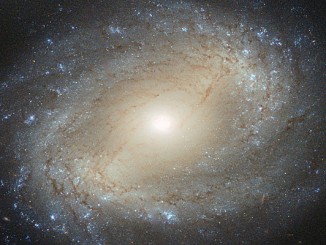
Elegant spiral galaxy hides a hungry monster
NGC 4639 is a beautiful example of a type of galaxy known as a barred spiral. It lies over 70 million light-years away in the constellation of Virgo and is one of about 1500 galaxies that make up the Virgo Cluster. But NGC 4639 also conceals a dark secret in its core — a massive black hole that is consuming the surrounding gas and known as an active galactic nucleus (AGN).

Messier 87 has swallowed an entire galaxy in the last billion years
M87 is a giant elliptical galaxy with a total mass more than a million million times that of the Sun that lies at the centre of the Virgo Cluster about 50 million light-years away. New observations with the European Southern Observatory’s Very Large Telescope have revealed the full extent of the galaxy’s cannibalistic nature.
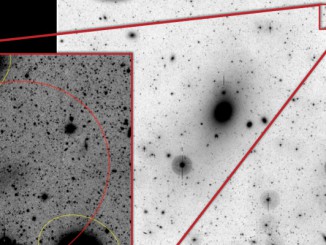
Faint galaxies found hiding in the Virgo Cluster
A recent survey using the Canada-France-Hawaii Telescope has discovered hundreds of new galaxies in the Virgo Cluster, the nearest large cluster of galaxies. Most are extremely faint dwarf galaxies, objects hundreds of thousands of times less massive than our Milky Way, and amongst the faintest galaxies known in the universe.
